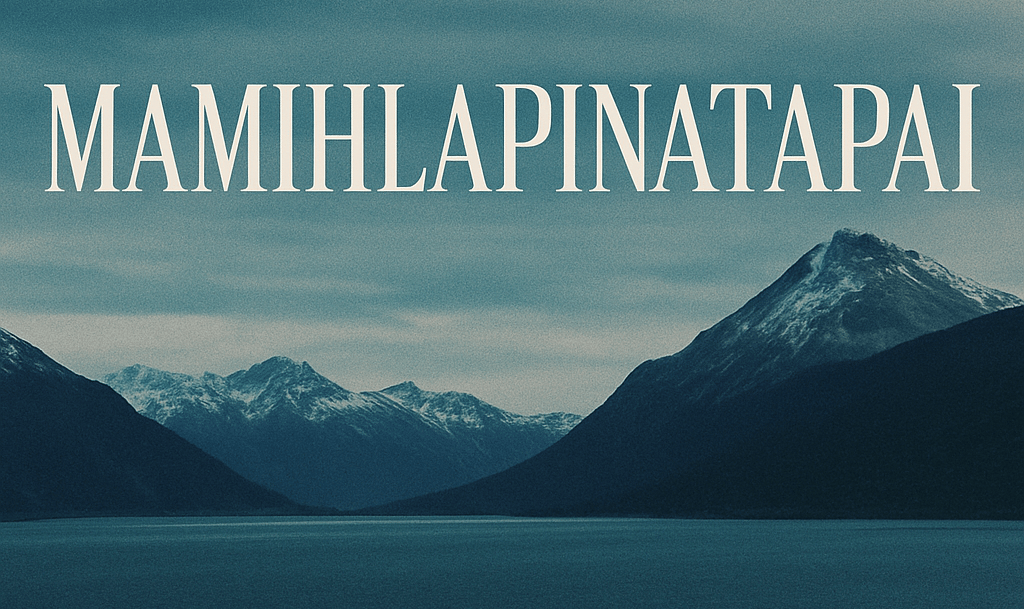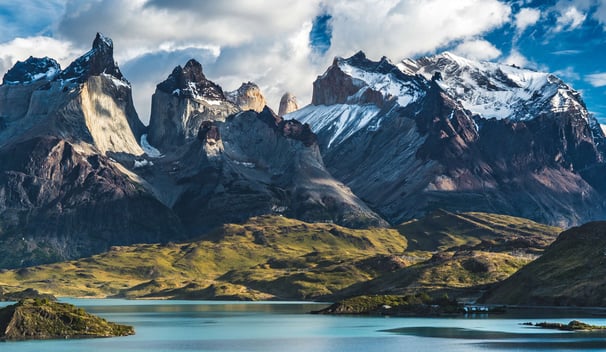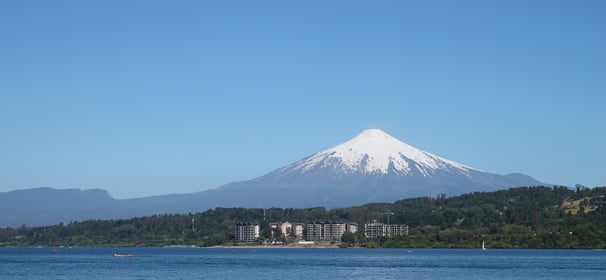

"The unspoken moment before everything changes"
When a philosophy professor helps his former love flee a murder scene, they embark on a desperate journey while the state prepares to sentence him to “God’s Experiment” — a controversial procedure that simulates a lifetime of dreams in just seven days before death. As the days unfold, reality fractures, and they must confront whether they’re escaping the world — or already dreaming it.
BRAZILIAN FEATURE FILM IN DEVELOPMENT & SEEKING FUNDING
ESTIMATED BUDGET: U$ 2,500,000
A structure designed to foster creative synergy and international co-production, with a focus on Latin America — especially Chile and Argentina.


FILM LOCATIONS
DIRECTORS' STATEMENT
screenplay by Leonardo Costa
The film takes its name from a Yagán word, spoken by an indigenous people of Tierra del Fuego, which describes a powerful and untranslatable concept: the silent moment when two people look at each other, hoping the other will take the first step toward something they both want, yet neither dares to initiate. It is a word that encapsulates hesitation, longing, and the fragility of human connection. For me, it reflects the world we live in today, caught in a perpetual state of waiting, where decisions are deferred, and time slips away between what is desired and what is done.
This tension is the heart of Mamihlapinatapai, a dramatic comedy that explores free will, regret, and the illusions we create to avoid confronting our own choices. The protagonist, Pedro, is a philosophy professor on the verge of a life-altering decision - one that forces him to reevaluate everything he thought he knew about love, time, and destiny.
His story unfolds against the backdrop of a controversial government experiment known as “God’s Experiment,” a scientific breakthrough that allows individuals to experience an entire lifetime within the span of seven days before their death. The film plays with this paradox: is it still a life if it exists only in the mind? And if our memories, emotions, and choices are real within that construct, does it even matter?
"Aesthetically, the film echoes the legacy of Tarkovsky and Bergman, embracing symbolism, sensory immersion, and a contemplative tone. Between two worlds, Rhona and Ravena become reflections of a unified whole, bound by a timeless search for the meaning of existence".












